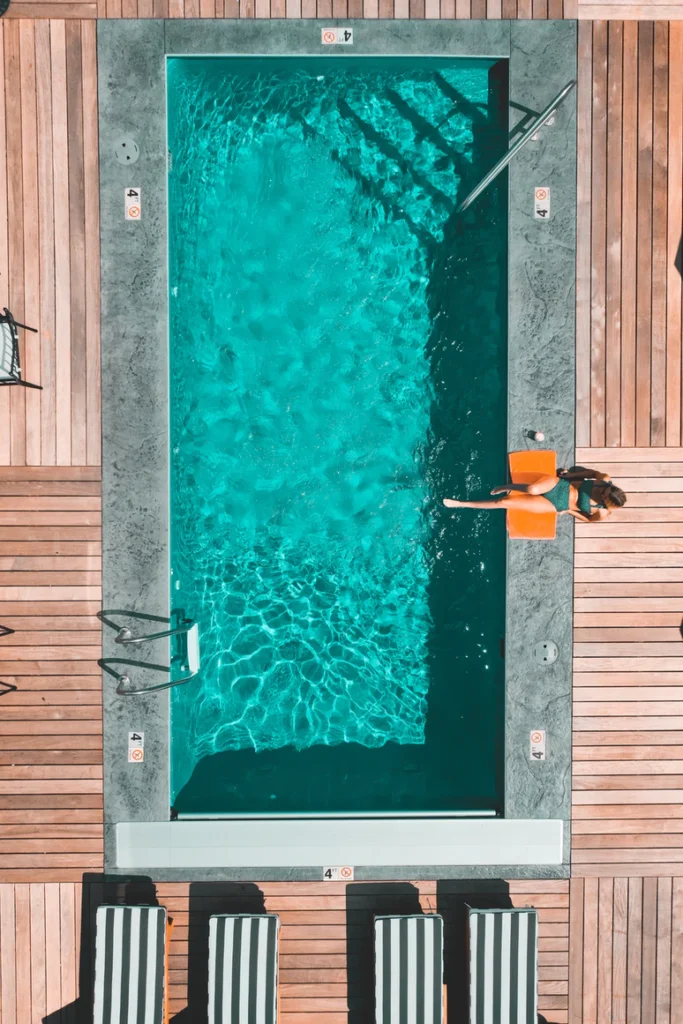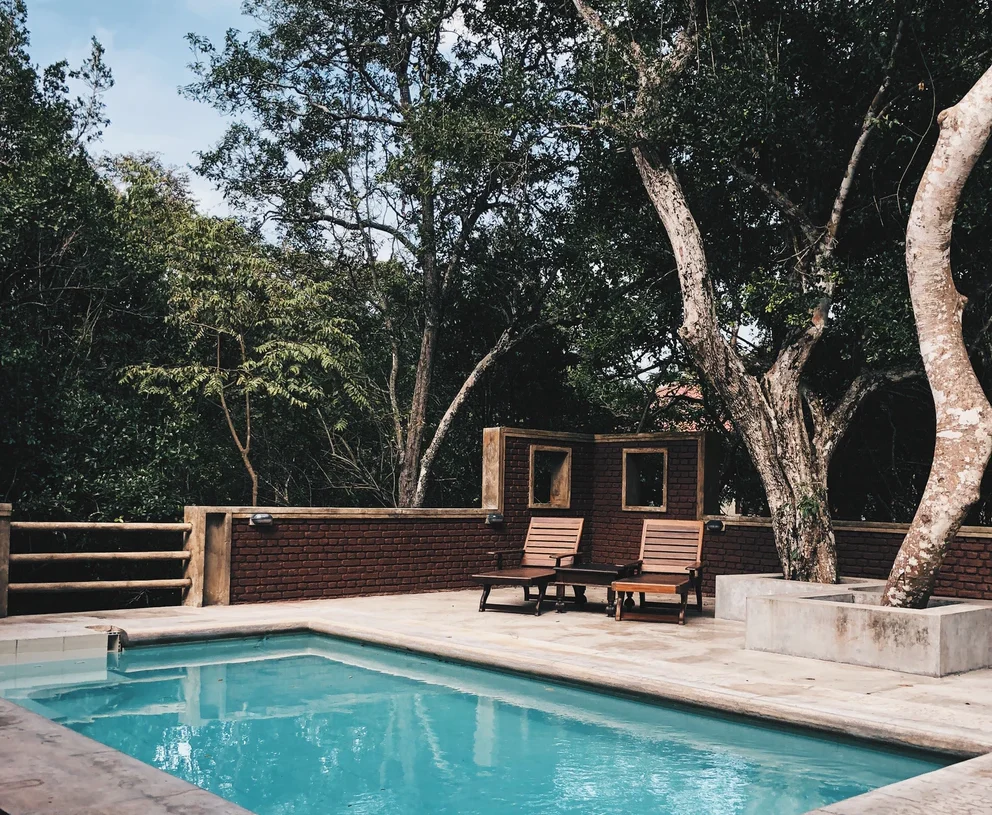There are all sorts of things that you can do to increase your home’s value. Landscaping, new kitchens and bathrooms, and attic conversions can all help.
However, top of mind are swimming pools – the epitome of domestic luxury. These can be a great investment if you get them right, but you have to know what you are doing before you start experimenting. Just wading in, no pun intended, and hoping for the best usually doesn’t work.
Dreaming Of A Pool?
The vast majority of people would love to have a pool on their property. After all, it’s not just somewhere to relax: it’s a status symbol. It means that your life has progressed to the point where you can actually afford one.
Pools are great additions to homes, but they only really make sense if you live in a warmer climate. You want your pool to be accessible for at least six months of the year for it to be worth your time and money. If you only use it for one weekend during the height of summer, you’re not getting a good return.
The Costs
The cost of installing a swimming pool ranges from between $17,000 to $45,000. Naturally, how much you wind up spending depends on how lavish you want it to be. Then you’ll have to pay for extras, such as pool fencing, covers and diving boards.
The cost of running a pool is lower than many people think, but still quite considerable. You’ll be looking at paying anywhere from $500 to $4,000 a year, depending on how you use it.
The Resale Value
Of course, despite all that investment, you can expect to get a nice return on a pool. Estimates suggest that the addition of a pool can raise the selling price of a property by 7 percent. That means that if your home is worth $400,000, adding a pool might increase the value all the way to $28,000, meaning that you could ultimately be in front.
How much of a difference it makes depends on several factors, including where you live and the climate in your area. If your home is on a swanky, desirable estate in a leafy suburb, and you live in a warm area, you can expect the increase to be higher than if the opposite was the case.
Other factors that determine your return include things like the condition of the pool, how old it is, and the type of pool you install. If it’s in bad condition, buyers may actually view it as a liability and pay less for your property as a result.

Hazards
You also need to be aware of the hazards that pools pose to children. Even just a few inches of water can lead to drowning and death.
The solution to this is to provide a compliant enclosure. This way, you can prevent children from straying or stumbling into the pool by accident, or falling in when it is dark.

